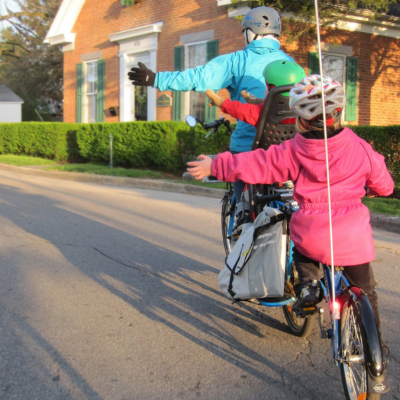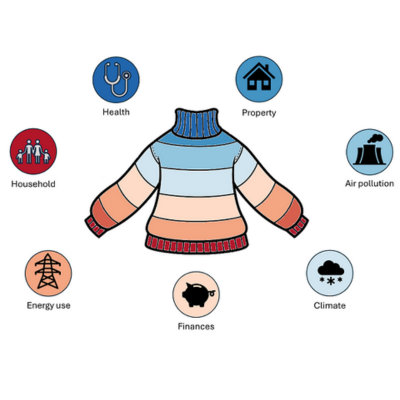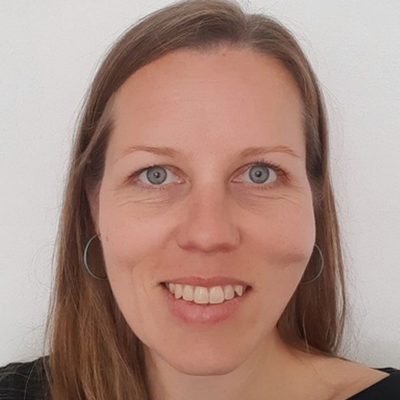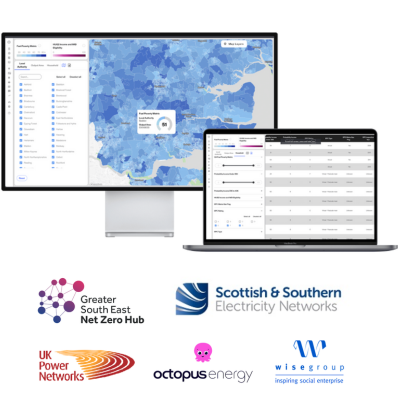UrbanTide is supporting a pioneering new study that's linking children's healthcare data with fuel poverty risk in Scotland.

In 2024, UrbanTide took part in a pioneering pilot study that linked smart meter data with healthcare data at a population level for the first time. The study, led by Senior Clinical Research Fellow and Honorary Consultant in Paediatric Infectious Disease, Dr. Olivia Swann, specifically explored the link between fuel poverty and Acute Respiratory Infections (ARIs) amongst children on the East Coast of Scotland.
Since this initial pilot, the study has turned into a major research project that aggregates health and housing data across Scotland. Now called the Homes, Heat, and Healthy Kids Study, the project has won £1.1 million in Wellcome grant funding and is garnering substantial interest across government, healthcare, and the housing sector.
With the help of UrbanTide’s uSmart platform and uZero data science, Dr. Swann is using innovative data linkage techniques to explore the connections between cold, damp homes and children's respiratory health for the very first time. By linking energy data with health data, the aim is to uncover vital insights that could reshape how we tackle respiratory illnesses in children.
The Homes, Heat and Healthy Kids Study
Dr. Swann's research came from a concerning pattern she observed in her clinical practice. As a result of the cost of living crisis and soaring energy prices, she noticed a significant change in the children she was seeing at the hospital.
"We're seeing again and again the same children coming in with respiratory infections," Dr. Swann explains. "So many families were telling us that they couldn't afford to heat their homes. As a clinician, it's really frustrating because you can only put a sticking plaster on something. It's a little bit like sending a child back to a house where people are smoking heavily—I can fix this bit, but I can't fix your environment."
Some families reported issues with dampness and mould in their homes. This problem sometimes arose after retrofitting was completed, a process intended to make homes easier to heat. However, parents found that this retrofitting actually worsened the mould situation in their homes, which they believed was linked to more frequent infections in their children.
Scotland's unique data opportunity
What makes this research particularly groundbreaking is the new linkage of healthcare data with property-level data—which is not yet possible in England on the same scale.
"We have this wonderful opportunity in Scotland, where we can now link electronic healthcare data to property-level data for the first time," Dr. Swann notes. "This is not yet possible in England. In Scotland, our healthcare data is really good quality, making it easier to work with. And because we're a smaller population, analysis can be slightly nimble."
The project examines data from 2008 to 2025, encompassing approximately 4 million child years and about a quarter of a million properties—an immense dataset with potentially far-reaching implications.
UrbanTide’s uZero is providing all fuel poverty-related data for the project, while Data Loch is providing healthcare data of patients across NHS Lothian. All data used in the study is fully anonymised.
The role of UrbanTide as data partners
Since the project's pilot stage, UrbanTide has played an essential role in demonstrating the feasibility of linking electronic healthcare data with fuel poverty risk scores—a critical proof of concept that helped Dr. Swann secure funding.
UrbanTide's contribution includes supplementary data on fuel poverty risk derived from smart meters, which go through rigorous anonymisation and synthesising techniques to enable data to be shared externally. The data analysis provides insights into actual energy usage patterns in homes.
The project addresses three interconnected challenges: children's health, energy poverty, and climate goals.
"There are so many co-benefits here in terms of climate, energy poverty, and child health," she says. "If you can get it right, you can improve all of those things in one go. It's like killing 15 birds with one stone."
On Thursday 1st May, Dr Swann will be hosting a public event at the Usher Institute in Edinburgh: Healthy homes, healthy kids: Building evidence-based solutions with data. This event is open to all - learn more and register for your place here.






